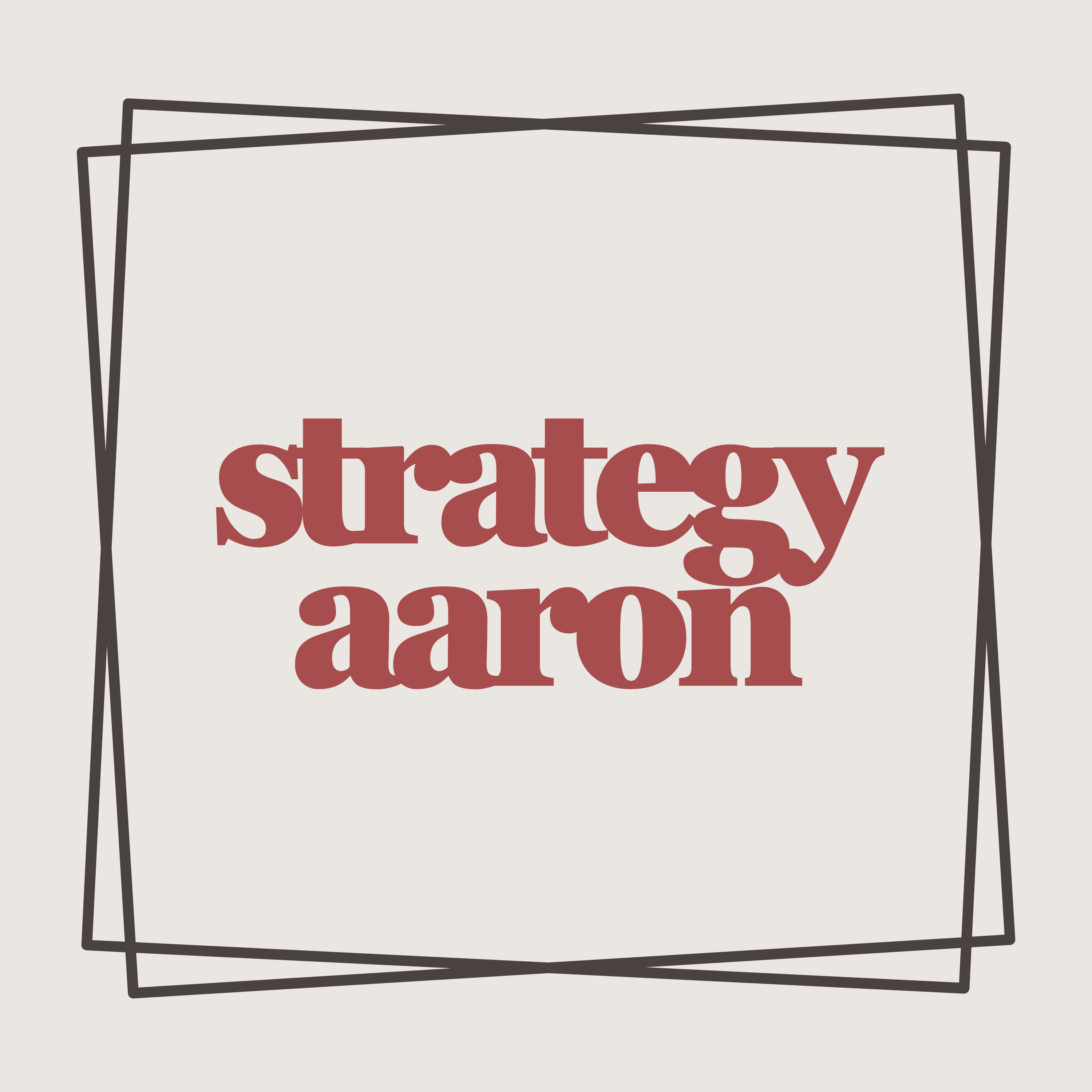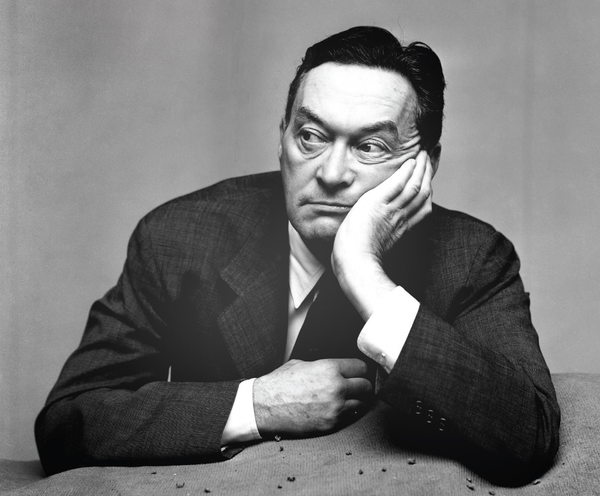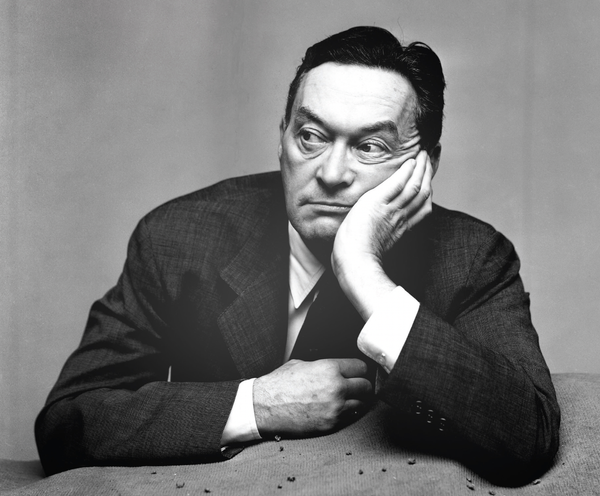New old Uzbekistan
Joanna Lillis on a Central Asian regime too good to be true
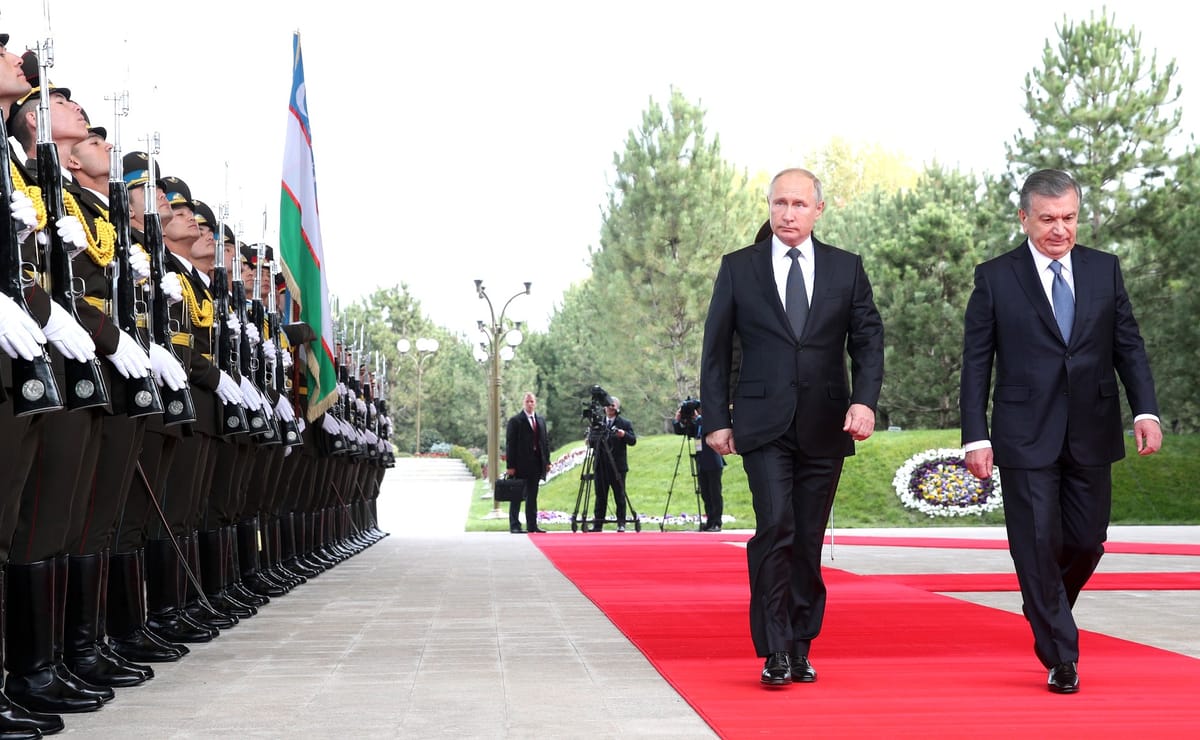
Joanna Lillis was one of the first guests on my podcast. In fact, she agreed to do the show before I'd even launched it – which was a real boost of confidence.
Today, she returns to talk about her new book Silk Mirage: Through the Looking Glass in Uzbekistan.
Joanna and I explore:
- Uzbekistan's pivotal role in Central Asia
- The challenges posed by its authoritarian government
- Whether Trump will encourage backsliding across the region
We also discuss reporting on dictators, the broader impact of global political shifts on Central Asia, and the enduring spirit of the Uzbek people.
Joanna, thank you for coming back on the show!
It's a pleasure! Thank you for inviting me!
In a few weeks now, you have a great new book coming out about Uzbekistan and I thought I'd begin by asking if you could give an overview of the country?
Yes, indeed! I have a new book coming out on 13th November – Silk Mirage: Through the Looking Glass in Uzbekistan.
I know you have a lot of listeners who are probably not that familiar with Central Asia, so, it’s a region sandwiched between Russia to the north and China to the east – lots of big powers around, a lot of competition for influence.
Uzbekistan is the biggest country by population in the region, and it's kind of at the heart of Central Asia. It's the only one of the five countries – the five former Soviet republics, sometimes collectively known as "the Stans" (although they don't like that term) – it's the only one which actually borders all the others, and it also borders Afghanistan to the south.
It was ruled for seventy or so years by the Soviet Union. Of course, going further back into history, it's a land of emirs, emirates. And it's of course astride the ancient Silk Road and famous for its cities like Samarkand, Bukhara – all those names that evoke an exotic caravan trading past.
One of the first books I properly read in my teens was Peter Hopkirk's The Great Game, so Uzbekistan is the country that comes to mind with those romantic Orientalist ideas about Central Asia.
Yeah, that's absolutely right. I mean, I think that's something that sticks in a lot of people's imaginations – those rip-roaring tales in Peter Hopkirk's books.
Silk Mirage is more about the modern day. I do dip into its history to see where Uzbekistan came from and how it got to where it is today – but I also want people to see beyond those Silk Road images. I want to convey that Uzbekistan is a living, breathing place that's not full of exotic people, but people who are just like you and me – who have the same kind of hopes and aspirations but are battling maybe different problems.
A lot of my book focuses on the authoritarian nature of the regime. (How does it work? How does it function?) And the people who kick back against it. (How do they do that? And what happens to them when they do?)
The last time you were on the show, we talked about your book Dark Shadows and Kazakhstan. As you said earlier, it's easy for a lot of people who’re unfamiliar with Central Asia to just view it as one big homogenous swath of territory. So what would you say distinguishes Uzbekistan from Kazakhstan, and Uzbeks from Kazakhs?
Now that's a really good question.
I mentioned that people lump the five countries together as “the Stans”, and they themselves hate the term. They are extremely distinct. We can take the two you mentioned – that’s a very good way of approaching it, actually.
Kazakhstan and Uzbekistan have such different histories.
I mean, first of all, most Kazakhs were nomadic people until about a hundred years ago. Although Uzbeks emerged from nomadic tribes many, many centuries ago, they have a much more sedentary culture and history. That's why you get all these amazing, incredible monuments.
From the point of view of language: Uzbek and Kazakh are both Turkic languages, and four of the Central Asian states speak languages that have Turkish roots (or rather, Turkish actually has roots from the Central Asian languages). But they are different.
Socially, although it has very modern aspects, Uzbekistan can be considered quite a conservative society.
Islam plays a key role despite seventy-odd years of secularism under the Soviets and twenty-five years of a very brutal dictator who suppressed the religion. Of course, in Kazakhstan, Islam plays a role too. But I would say that the role of religion is quite a lot stronger in Uzbekistan.
Both are authoritarian states. All the states of Central Asia are, to one degree or another, to varying degrees – from Turkmenistan, which is a very repressive and closed dictatorship, to slightly freer ones such as Kazakhstan.
Uzbekistan had this very repressive rule for the first twenty-five years of its existence, and it's now in a period of change. And that's what I write about in Silk Mirage.
On the point about history, it made me think of: There's a bit in Dark Shadows where you talk about a Kazakh Game of Thrones and an attempt to – I don't want to say create a history, but weave together a history to suggest Kazakhstan being a much older state. But with Uzbekistan, that history just tumbles out. No manufacturing has to go into it because it's just there.
Yeah, this is a good point.
In Dark Shadows, I do talk about the Kazakh Game of Thrones – this film and mini-series they made, partly in response to Russian attempts to, well, dis their history, to undermine their history.
Uzbekistan does have this very long and illustrious history, of course – you can see it so visibly in the buildings, the famous blue domes of all these Silk Road cities.
Yet Uzbekistan also engages in, let's call it the “remaking” of history. This is of course in no way unique to Central Asia. It's done in every country, including in Britain, this reshaping of history to suit political purposes. But Uzbekistan – while it has this very long history – it's actually in the process of bringing to the fore events from about a hundred years ago that were suppressed under the Soviets. Giving them a new emphasis and a new importance.
What they’re looking at is a movement that emerged about a hundred years ago, centred on Bukhara, a reformist movement called the Jadids. It wasn't unique to Bukhara or Uzbekistan – it was happening in many parts of the Russian empire and it had echoes of things happening in Turkey. Today, the regime is very interested in this history and presents it as the first attempt to form an independent state.
There's a president who came to power nearly ten years ago – Shavkat Mirziyoyev – who has a big reform agenda, and he and his supporters present his rule as an echo of this reformist history.
It is a fascinating history, and I tell it through an interview with an octogenarian historian who told me about it while sitting in a mansion in Bukhara's old town where one of his illustrious relatives used to live – Fayzulla Khojayev, who was kind of the first leader of Uzbekistan in its modern incarnation.
The main theme of Silk Mirage is the transition from the despotic regime of Islam Karimov to the seemingly more open one of his successor Mirziyoyev. And obviously, Karimov dominates the book like how he dominated Uzbekistan. So, who was Karimov?
Indeed. Karimov has cast this huge shadow over Uzbekistan. He ruled the country for the first twenty-five years of its independence, almost exactly.
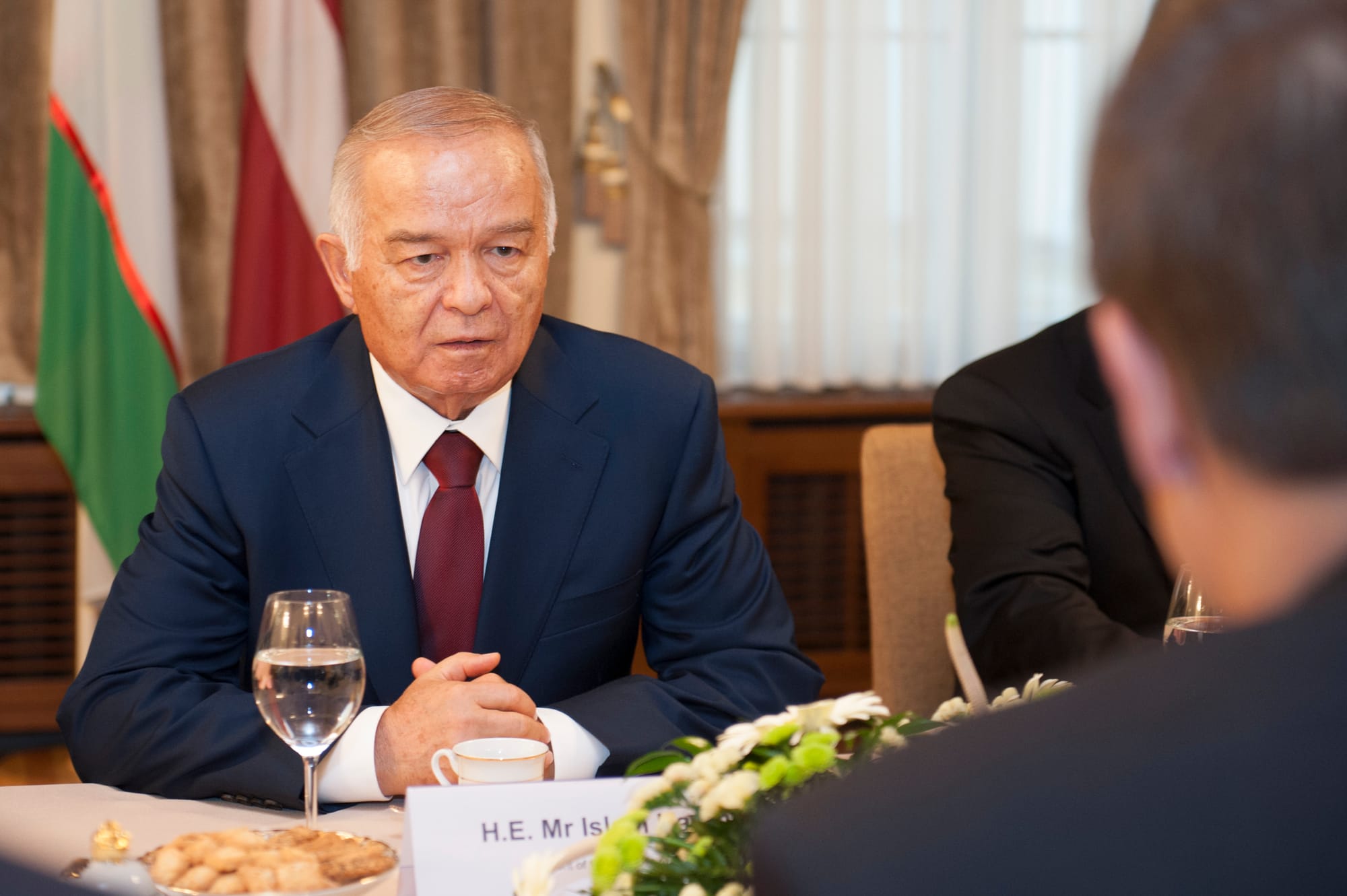
Karimov was the leader of Soviet Uzbekistan when the USSR collapsed in 1991. He was an apparatchik, really, who rose through the ranks, holding various posts.
Much of his career was in what was called Gosplan, which was the economic planning division of the Soviet Union. It was the butt of jokes because, famously, it could never meet the wants of the people. The supply never met the demand.
The first presidential election that independent Uzbekistan had in 1991 featured an opposition candidate, but that was the last time. Karimov became notorious for crushing opposition of all kinds – secular political opposition, certainly.
He also targeted what he saw as religious opposition. Karimov viewed Islam as a potential alternative power centre. He was paranoid about even the practice of Islam. He had thousands upon thousands of pious Muslims thrown into prison, often on extremely spurious grounds. Having a beard could be enough to get you arrested.
So he was a very dictatorial leader. He presided over the shooting of protesters in a city called Andijan in 2005.
Torture was rampant in his prisons. He opened a prison called Jaslik. It became infamous after two prisoners died from immersion in boiling water. Karimov then became notorious as the dictator who boiled his opponents alive. It was a very grim place.
It was a very grim rule.
Karimov would have defended himself by saying that he was fighting extremism and terrorism. And there were terrorist attacks in Uzbekistan, you know, suicide attacks and so on. Uzbekistan is in a difficult neighborhood. In the 1990s, there were civil wars in neighboring Tajikistan and in Afghanistan. But Karimov’s reaction was not to fight extremism, really, but actually to fight Islam.
So that was the first twenty-five years of Uzbekistan's rule – and that was Islam Karimov. A prickly character. It was a very difficult time and a very traumatic time.
He died in office in 2016 and, nowadays, after all I've said – it might sound surprising – but he is remembered with a certain fondness. And Mirziyoyev hails Karimov as the founding father of Uzbekistan.
Something you convey really well in the book is the fear of not knowing what can happen in a regime like that. Like, someone could open up a business and – unbeknownst to them – they have crossed some secret service mafia boss, and then they’re thrown in prison on trumped-up charges – and they might serve three years, and then, maybe the day before they’re due to be released, they’re told they’ve been sentenced to another seven years. Just the complete unpredictability of living in that kind of regime.
Yeah, that is indeed the unpredictability – the never knowing who you're going to cross, or the feeling that you can be arrested anytime, whoever you are.
I mean, we have to point out that under Karimov there were many ordinary Uzbeks who admired him and wouldn't fear him because they didn't think they had anything to fear. Perhaps because their families had never come across arrests. But having said that, given the scale of arrests and given that Uzbeks have very large families, very many people will have witnessed repression.
And this unpredictability, as you say. There are many cruel and brutal things I talk about in the book – it's quite harrowing at times – but one of the cruelest things was this constant extension of prison sentences for certain types of prisoners, especially political and religious dissidents (and "religious dissidents" might mean anybody who liked to pray). These people would be slapped with extra years just as they were about to be released.
I interviewed one former political prisoner in Andijan and he explained to me how he'd been sentenced to, I forget the exact figures, but he'd been sentenced to say six years but ended up serving fifteen. He only came out because Mirziyoyev came to power and started releasing prisoners. And he explained how any excuse would be used to give you an extra sentence. That might've been an untidy uniform, a button missing, etc.
Human Rights Watch compiled a report when Karimov was still in power that detailed reasons why people had had their sentences extended. Some of them would be laughable if it wasn't so serious. Putting your slippers in the wrong place or failing to peel carrots correctly. Those are genuine examples of people serving years and years and years extra in prison because of them. So you see the unpredictability of the regime.
I'm curious about what it's like for you to report on these regimes?
Yeah, these authoritarian regimes don't always welcome journalists.
When I lived in Uzbekistan, Karimov’s regime – it was incredibly brutal and appalling, but what we didn't know was that it was going to get worse after the violence in Andijan.
I lived there as a journalist – but I did a desk job at the BBC, it was not an on-the-ground reporting job at that time. I left in 2005 but continued to visit. Really, international journalists were barred from that time until Karimov died. But I did private visits, and little bits of reporting through loopholes.
You're always aware of the risk you're putting other people in when you report on an authoritarian regime. Even now, under Mirziyoyev. People are still very nervous of talking to journalists, they're afraid of getting into trouble. Mirziyoyev allowed foreign journalists back but the government is very eager to control the reporting.
For several years from 2016, there was a lot of good news about Uzbekistan bucking the world trend of authoritarianism, and liberalising, and it was a great story and the government loved that. Since then, however – I haven't been able to receive my accreditation in Uzbekistan for a couple of years now. They don't give it to me anymore because, you know, I guess they don't like the reporting that I did because it wasn't always positive…
So I would say that reporting on these regimes, it is extremely challenging, and you are aware of the weight of the risk. But I don't mean for myself, I mean for other people. I was detained by the police once when I was reporting on turmoil in Karakalpakstan, which is an autonomous region of Uzbekistan. That was in 2022 – the police hauled me in when I was interviewing people and kept me for a couple of hours.
Something I was curious about reading the book was: Why did Mirziyoyev decide to liberalise? As you just said, it seemed to buck the trend of things happening in 2016. So I was trying to understand – given Mirziyoyev was Karimov’s number two – what were his motivations? Was it something he really believed? Was it external pressure?
That's a really good question.
When Mirziyoyev came to power, he'd been Karimov’s prime minister for fourteen years. He was very much this consummate regime insider. Nobody expected very much to change. Everybody was expecting a perpetuation of the status quo, regime consolidation – not regime change. Of course, it wasn't actually regime change, but Mirziyoyev took everybody by surprise when he started his reforms.
So what prompted them?
Well, he's never explained in any detail. And that's an interesting fact itself. I think it’s down to the contradiction that he doesn't want to undermine the rule of Karimov entirely, because first it would undermine his own role. Secondly, it would make Uzbeks also question the very foundations of their nationhood.
I think what must’ve happened – and this is speculation on my part – is he realised that there were economic advantages to reforming. There's a large "pie" in Uzbekistan. It's gas-rich, it's gold-rich. It's got the largest population in Central Asia, so it's a big market for services, telecoms, etc. Yet it was so monopolised by cronyism and corruption. So I think Mirziyoyev realized that there were advantages to opening up, liberalizing, and letting some market forces come in and act. This would attract foreign investment, and this would improve the lot of ordinary people.
One thing I would say about Mirziyoyev is that he does seem to have some concerns for the lot of ordinary people. Maybe that's because he's afraid of them? Karimov never seemed to pay any attention to that. But I think Mirziyoyev must have felt that there's a pressure cooker in Uzbekistan.
He must have also felt that there are limited advantages to being one of the world's worst dictatorships, getting all this bad press all around the world. You're not getting investment, so you're not going to be able to help people, and maybe at some point the people will rise up. I can only assume that some of that went through his head.
But I have to say, one of the problems is that whenever an authoritarian leader comes along and tries to reform – and Kazakhstan has experienced this, too – is that it becomes obvious to them that there are limits to what's to their advantage. If they were to have a truly free political system or a truly free press, then there would be political competition for them – and they don't want political competition.
So that's where we are in Uzbekistan. Mirziyoyev saw advantages to some reforms, but he has done this kind of break. Partly because of vested interests in the system, but partly because of his own unwillingness to take the full plunge and free things up entirely.
One of the stories in Silk Mirage that I really liked is the entrepreneur who set up an online platform to cut out the middleman between cotton farmers and external customers, and how she pushed against patriarchal farmers. And the message she gives is that this couldn't have happened under Karimov and it's a much, much better business atmosphere under Mirziyoyev. But as you explain in the book, there are red lines that ordinary Uzbeks can't cross. What are they?
Right. Yes, indeed. What are those red lines?
The entrepreneur – her name is Dildora Atadjanova. She's in her twenties and is a really successful entrepreneur. She tried to run a cafe in Karimov’s Uzbekistan but she came up against so many brick walls. Officials would come and demand to be fed for free. She said it was impossible. Yet under Mirziyoyev, she's become a very successful exporter and tech entrepreneur. That's a great news story for his regime.
However, he has red lines in the economy.
One of them, I think – just as in Karimov's Uzbekistan, there’s the big presence of the ruler’s family in the economy. You would think that Mirziyoyev would’ve learnt from the scandal caused by Karimov’s rapacious daughter Gulnara. I'm not suggesting that his children or in-laws are doing anything on her level, but they have a very big presence in business. So if you get in their way, that's a red line.
There are red lines in politics, too. Mirziyoyev won't allow opposition. He says he's a reformer, so where's the opposition? Where is the political opposition in Uzbekistan?
The only person who's really tried to mount a proper challenge to him in terms of setting up a party and actually saying they're going to challenge him for the presidency is a man named Khidr Nazar al-Akulov. And he's experienced constant harassment, an inability to register his party, harassment of himself and his supporters. The UN has taken this up with the government but they deny there's any issue. His son is now in prison on what he says are trumped-up charges.
It’s impossible to register a party, so it’s impossible to fight elections. You can't stand as an independent as it's against the law. So there’s no political opposition.
I also talked to a singer called Jahangir Atajanov. He flirted with politics in about 2021 when Mirziyoyev was up for his second term. He wasn't a particularly serious candidate, I would say, he didn't appear to have any policies or anything like that – but he was very popular, with a million or more Instagram followers. That's a lot for Uzbekistan. Somebody in the regime must’ve taken fright because at one point he was kidnapped. He was taken to a deserted place. He was beaten up, threatened with sexual violence, and was told make your music and stay out of politics.
Journalists, they also cross red lines. Social media users, they cross red lines. Often invisible.
I interviewed a guy who gave me an interview on condition of anonymity. A very cloak-and-dagger interview, hiding at the back of a cafe watching who was coming and going, and watching that I wasn’t being followed either. This guy was a social media user with some following but he wasn't well known. He'd posted something very anodyne, that wasn't even political, but he was thrown in prison. Only for a few days – but it's about those invisible red lines. He complained that, "We don't know what we can say and what we can't."
So there are lots of red lines in Mirziyoyev’s Uzbekistan, and people cross them at their peril.
Something I'm afraid of is that with Trump's return, a lot of countries no longer need to worry about the United States if they decide to backslide into authoritarianism. They can be as corrupt as they want, they can be as despotic as they want. So I'm curious – with Kazakhstan, with Uzbekistan – will those leaders take advantage of that? Or are there reasons for them to be, for want of better words, normal and professional in their authoritarianism?
Yeah, this is a very big question and a very big concern.
The short answer is that I see them already taking advantage of this. They're already doing it. Or let's say, they’re emboldened. Authoritarian leaders in Central Asia are most definitely emboldened by Trump's rhetoric – anti-liberal rhetoric, anti-climate change rhetoric, etc. It's not as if, okay, America had ever stopped these leaders being anti-democratic or whatever. But there was a kind of break, and on their part a wish to present a veneer of going in the right direction. Now they've been very much emboldened.
How do we see this play out? Very soon after Trump came to power, soon after Trump targeted USAID and other non-governmental organizations, Kazakhstan’s Tokayev started unleashing a lot of rhetoric about how civil society groups were stealing money and doing nefarious things using foreign money. Now, he would never have said that kind of thing had Trump not been in power because he wanted to present a veneer of respectability to the West. But obviously, he now feels he can say what he really thinks. And that is dangerous for civil society activists in Kazakhstan
With Uzbekistan, we saw a meeting between Mirziyoyev and Trump on the sidelines of the UN General Assembly, where they couldn't praise each other enough. I don't think any previous American presidents would have wanted to be quite so fulsome in their praise of an authoritarian leader who wins elections with nearly 90 % of the vote. The quid pro quo, of course, was Mirziyoyev saying Trump should get the Nobel Peace Prize.
So yes, Trump is definitely emboldening Central Asian leaders to not hide their authoritarian tendencies – and this is dangerous for opposition politicians, civil society leaders, journalists, and for the people of those countries. They're going to suffer from this because there isn't a powerful American president to – at least pay lip-service to holding these leaders to account.
Basically there's only Europe left to talk the talk about requiring democratisation, but obviously Europe is not a very strong player in Central Asia.
Finally, what are you interested in doing next?
Next?! Well, that's a good question. I have to think about it.
There are three interesting Central Asian countries left, but some of them are virtually impossible to write a book on. Like, Turkmenistan, you really can't get in there as a journalist. I tried to go last year just to attend an oil and gas conference but I was refused a visa.
I mean, there are lots of things that interest me. Kazakhstan and Uzbekistan are really the countries that are the closest to my heart. And I think what would be interesting, there are fiction stories to tell based on their histories.
But so far, I haven't got any plans. I'm going to be in the UK launching Silk Mirage in November. So I'd urge listeners to come along to events. You can check out my Substack to see lists of events. Come along to the events, buy the book, read about Uzbekistan – and I hope people enjoy the book.
Joanna, thank you very much!
Thank you, Aaron! Pleasure to be here!
If you would like to buy Silk Mirage and support independent stores in the UK, check out the strategyaaron Bookshop page
